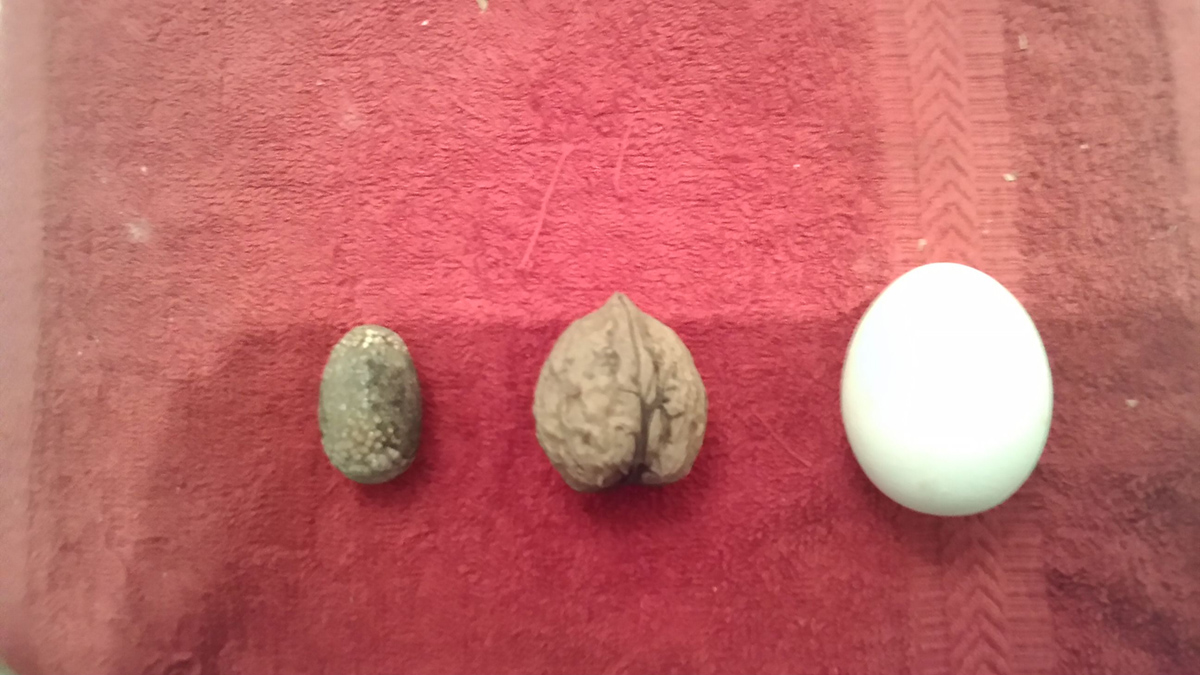
Foods to Avoid if you suffer from Gallstones
Eating certain foods may contribute to the development of gallstones — so asking yourself what you should know about dietary steps you can take to help prevent this medical problem is legitimate. Once you already have gallstones, it is even more essential to know what foods it is important to stay away from. Here, we will take a look at the foods that are best and worst for people with gallstones and those who would like to reduce their risk of developing them.
What are Gallstones?
Gallstones are stone-like substances that form in the gallbladder. The gallbladder is a small organ located below the liver that stores bile. Bile is a liquid that is produced by the liver, which aids the body's ability to digest food. Bile consists of cholesterol, fats, water, bile salts, proteins and a waste product or bilirubin. When cholesterol or bile salts in the bile harden, gallstones are formed.
Gallstones can be formed in the gallbladder or bile ducts and they may range in size from a grain of a sand to the size of a golf ball. Gallstones can get trapped in a duct and may cause inflammation and severe infection in the gallbladder, liver or pancreas. Blocked bile duct can lead to symptoms commonly known as a gallbladder attack. These symptoms include constant pain in the upper right abdomen, pain under the right shoulder, fever, nausea, vomiting, jaundice, restlessness, indigestion and burping.
Women have an increased risk of developing gallstones, and the risk of suffering from this painful problem is also increased with a person's age. Obese people are at a higher risk too, mainly due to a high fat and low fiber diet. People who lose their weight very quickly are at risk of gallstones because of disturbed bile chemistry. Other factors that are associated with an increased risk of gallstones include pregnancy, using oral contraceptive pills, Crohn’s disease, and elevated levels of serum triglycerides. However, some foods can prevent formation of gallstones and they should be incorporated in diet while foods that may cause gallstones should be avoided.
Which Foods can Cause Gallstones?
People whose diets are extremely rich in animal fats are very susceptible to the formation of gallstones. Because these diets also tend to cause weight gain, it is no surprise that overweight people often suffer from gallstones. Avoid all animal fats as well as dairy products can help prevent gallstones. A diet rich in sugars and starch like rice, white bread and cereals, should also be avoided.
In general, the risk of developing gallstones can be reduced if the following foods are eliminated from diet:
- Animal fats
- Eggs
- Dairy products
- Hydrogenated oils and fats
- Refined carbohydrates
- Deep-fried foods
- Coffee, alcohol, black tea, cocktails and hard liquors
- Sugary drinks
- Processed foods
- Certain vegetables such as cabbage, cauliflower and legumes
- Certain fruits such as oranges and grapefruit
- Sweets
These foods can lead to the formation of gallstones or trigger a gallbladder attack in people who are already suffering from gallstones. The best diet to minimize the risk of this condition is a vegetarian diet that excludes animal fats. People affected by gallstones should eat soybean products and vegetables and fruits rich in fibers such as broccoli, spinach, horseradish, celery, carrots, garlic, kale, lemon, apples and watermelon. Meats that are do not increase the risk of gallstones or gallbladder attacks include low cholesterol meats like poultry and fish. Foods rich in unsaturated fats are also beneficial for people with gallstones and they include nuts, olive oil, flax seed oil, and walnut oil.


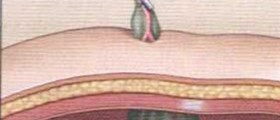
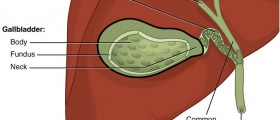
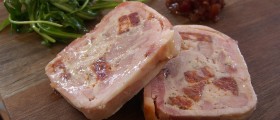
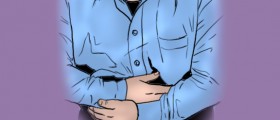
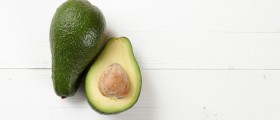
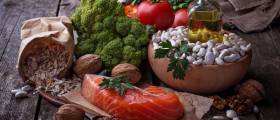
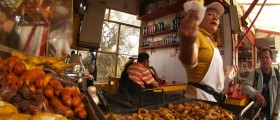
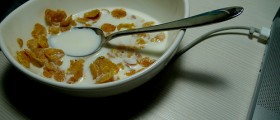
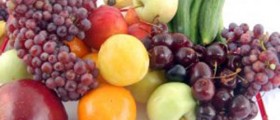

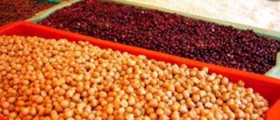
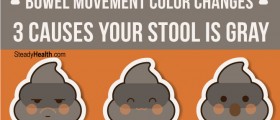
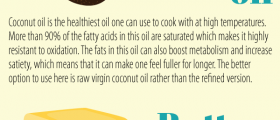

Your thoughts on this
Loading...